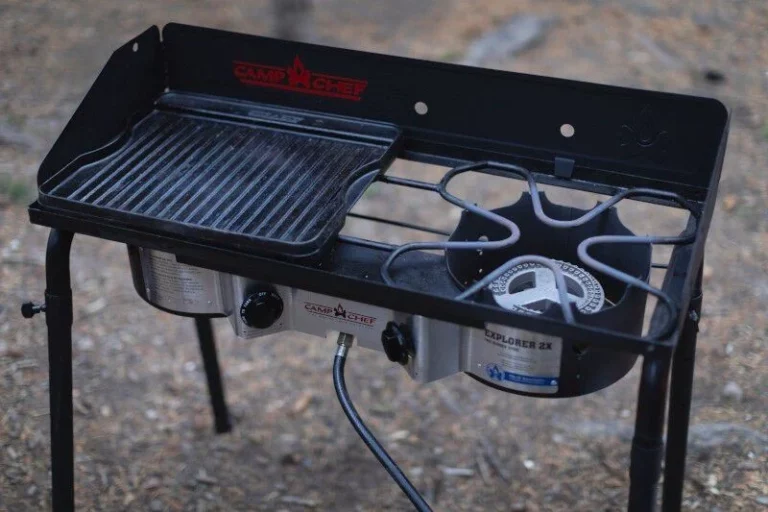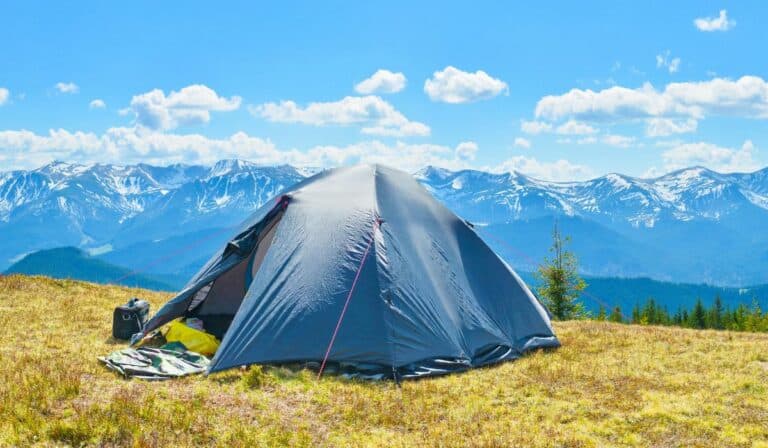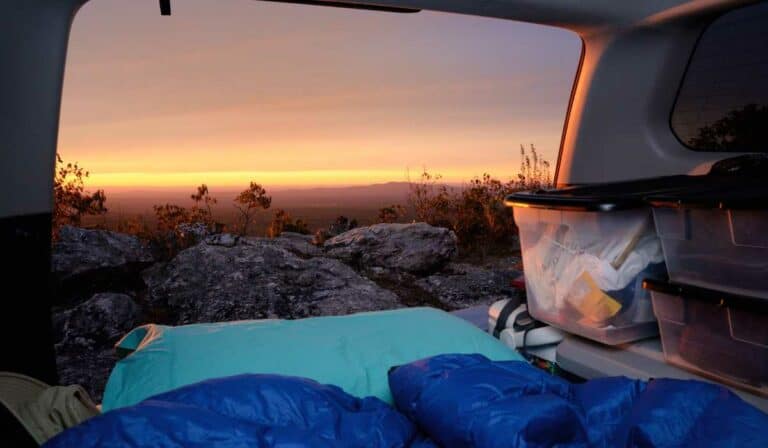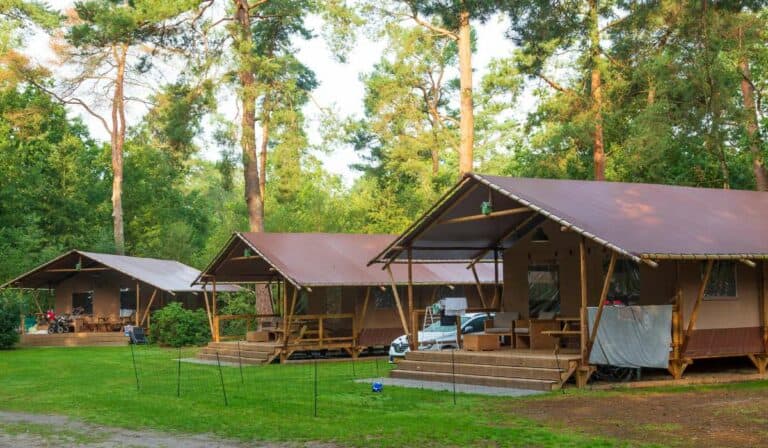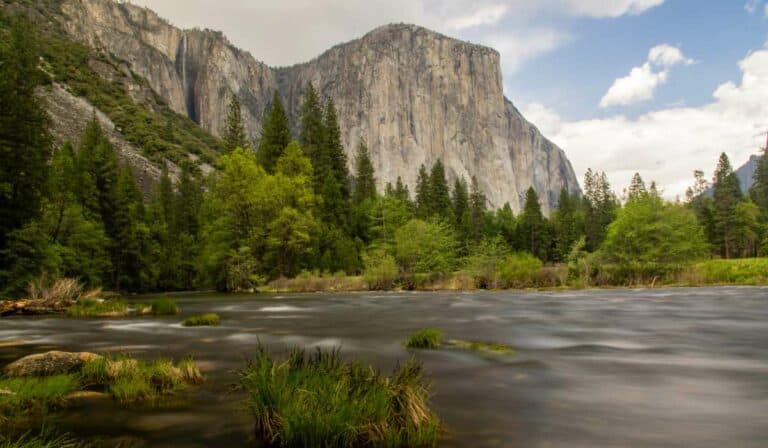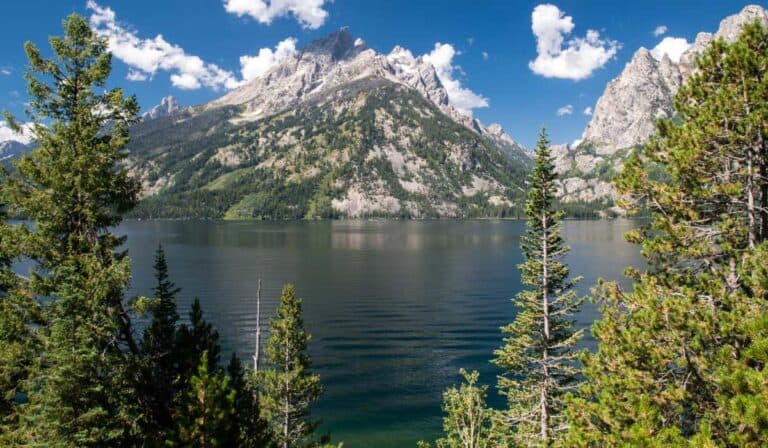Portable Camping Heaters: Keeping You Warm and Safe in the Great Outdoors
Even if your camping trip is spent splashing in a lake under a hot summer sun or, at most camp sites temperatures drop drastically at night. This is especially true at higher elevation campsites, where wiping a sweaty brow during a long hike quickly morphs into huddling around a camp fire. Extinguishing the fire doesn’t mean being cold, however. Thanks to the advances in portable camping heaters, you can stay as toasty as the s’mores you just ate all night long.
All camping heaters are designed to provide warmth in outdoor settings, but not all camping heaters are the same. Some are small personal heaters. Others are designed to heat a tent or even a small cabin. When choosing a camping heater, you’ll need to take into account a number of factors like the size of your camping party, and the environment you’ll be camping in.
Types of PORTABLE Camping Heaters
Camping heaters all do the same job – keep you warm – but each type of camping heater uses a different fuel. The advantages and disadvantages of a camping heater will depend on your specific situation.
Propane Heaters
Propane heaters are popular with both campers and backpackers since they’re portable and easy to use. A small propane canister provides the fuel and a single tank can heat an area for several hours.
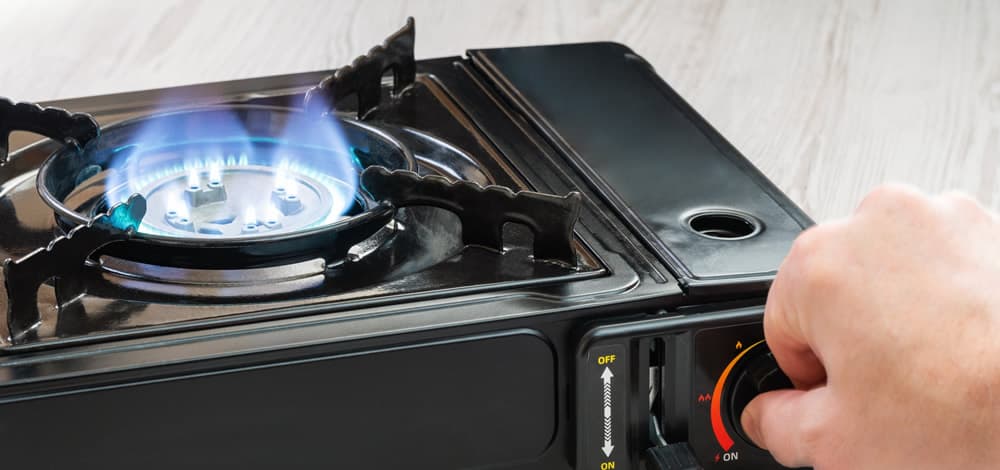
Butane Heaters
Butane heaters tend to be the backpacker’s first pick because they operate in a similar fashion to butane heaters but, as the name suggests, use butane instead of propane as fuel and are generally smaller and lighter than their propane counterparts.
Electric Heaters
Electric heaters are only an option on camping trips where the campsite will have access to electricity. They usually plug into a standard electrical outlet. Some are powered by a generator or solar panels.
Wood Burning Heaters
Wood-burning heaters can add an authentic, rustic vibe to your camping trip since they use wood as fuel but have several caveats. You must be in a place where wood to burn is plentiful and wood burning is allowed (wind conditions or fire watches may nix your plans for roasted marshmallows!).
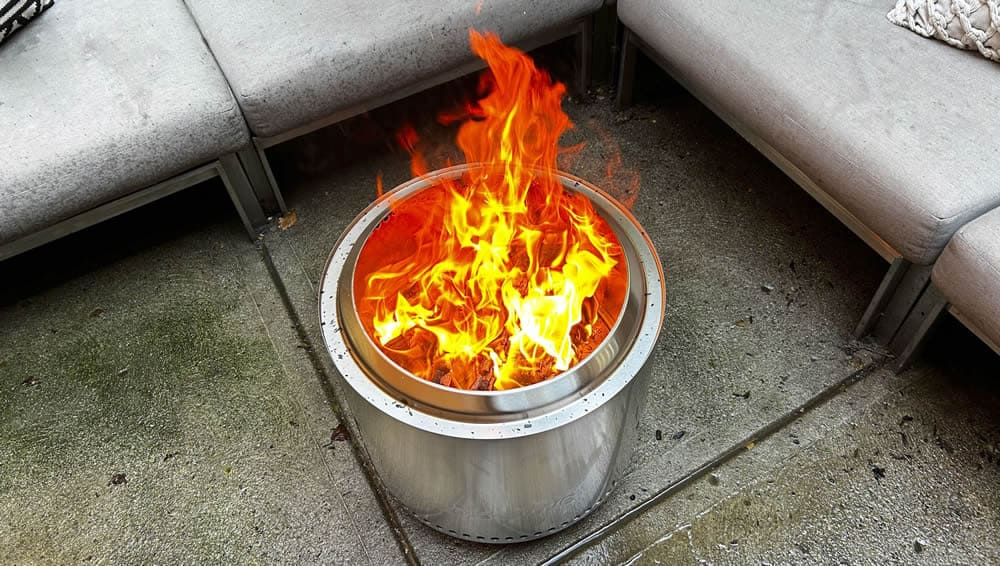
And, they tend to be larger and heavier than other types of camping heaters. Finally, they take a bit more care and effort to use. Still, if you’re looking for that woodsman (or woodswoman) experience, it’s a great choice.
Things to Consider When Choosing a Camping Heater
In addition to its fuel source and portability, there are several other factors to consider which picking your camping heater.
Size and Weight
The size and weight of a camping heater are especially important to think about if you’re going to be doing any backpacking during your trip. In that case, you’ll want a heater that’s small and lightweight enough to carry for longer sessions.
Fuel Type
The fuel type of the camping heater you’re interested in will usually impact its size and portability. While propane and butane heaters are reliable and easy to use, their fuel canisters can be heavy and bulky. Electric heaters only work if and when there’s access to electricity, while wood burning heaters require a steady supply of wood.
Heating Capacity
The heating capacity tells you whether the camping heater is capable of heating the size of your tent or camping area. A small structure that sleeps several people will require more heat than a two-person pup tent.
Safety Features
Safety should always come first with camping, especially when it comes to heaters. Important must-have safety features may include automatic shut-off and tip-over protection to help prevent accidents.
Tips for Using a PORTABLE Camping Heater
Camping heaters aren’t exactly set-it-and-forget-it devices. There are several safety considerations and it’s extremely important they are operated correctly.
Always Follow the Manufacturer’s Instructions
Read and follow the manufacturer’s instructions carefully before using your camping heater. No, really. You may think “no one ever reads the instructions,” but when it comes to a camping heater, that few minutes can literally save lives (and acres of wildlife).
Use in a Well-Ventilated Area
Always use your camping heater in a well-ventilated area to ensure proper air circulation and prevent the buildup of carbon monoxide. After all, the whole point of camping is to enjoy fresh air – your camping heater needs that, too.
Keep Flammable Materials Away
As tempting as it is to cozy up closer to the heat, keep your sleeping bag and the sides of your tent at a safe distance from the camping heater to prevent accidents.
Don’t Leave the Heater Unattended
Never leave your camping heater unattended. And always turn it off when you’re not going to be near it. Fewer things are more dangerous than an unattended camping heater.
Use Caution When Refueling
Use extreme caution when refueling butane or propane heaters as spills or other accidents may occur.
Top Portable Heaters for Camping and Backpacking
If you still can’t decide what kind of camping heater to get, here are some of the top portable heaters for camping and backpacking we’ve found:
Mr. Heater Portable Buddy
The Mr. Heater Portable Buddy is a portable camping heater that’s popular with backpackers and campers since, as the name says, portable. It’s easy to use and provides up to three hours of heat on a single tank.
Texsport Portable Outdoor Propane Heater
The Texsport Portable Outdoor Propane Heater is lightweight and easy to transport. It lasts a bit longer, keeping you warm for up to four hours on a single tank of propane.
Lasko Ceramic Portable Space Heater
If you’re campsite skews a bit closer to glamping and has an outlet, you’ll want to consider the Lasko Ceramic Portable Space Heater. Small and lightweight, you can simply plug it into a standard electrical outlet or get a bit more rustic and use a generator to keep it on.
BioLite CampStove 2
The BioLite CampStove 2 is a wood burning camping heater that doubles as a stove for cooking food. As long as you’re not also lugging the wood for it, the camping heater is a versatile option for both camping and backpacking.
Conclusion
As long as you consider how portable your camping heater needs to be, what kind of fuel source you want, the size of the area you’ll need to keep warm you should choose the right heater. Just remember to stay safe and always follow manufacturer instructions.
Click here for more of our camping articles.
FAQs
Can you use a portable camping heater in a tent?
Yes, you can use a camping heater in a tent, but ensure the tent is well-ventilated, keep flammable materials at a safe distance, and never leave the heater unattended.
How long do propane heaters last?
Propane heaters can last for several hours on a single tank of propane, usually two to six hours. It will largely depend on the size of the tank and the heat output of the heater.
Are electric camping heaters safe?
Electric camping heaters are generally safe to use, provided you follow the manufacturer’s instructions and use them in a well-ventilated area.
Can you use a camping heater for cooking?
Some camping heaters, such as the BioLite CampStove 2, can be used for cooking as well as heating.
What should I do if my camping heater malfunctions?
If your camping heater malfunctions, turn it off immediately. You should follow the manufacturer’s instructions for troubleshooting and repair. If you’re unable to fix the problem, contact the manufacturer or a qualified repair technician for assistance – and be grateful you packed extra blankets or sweaters!


